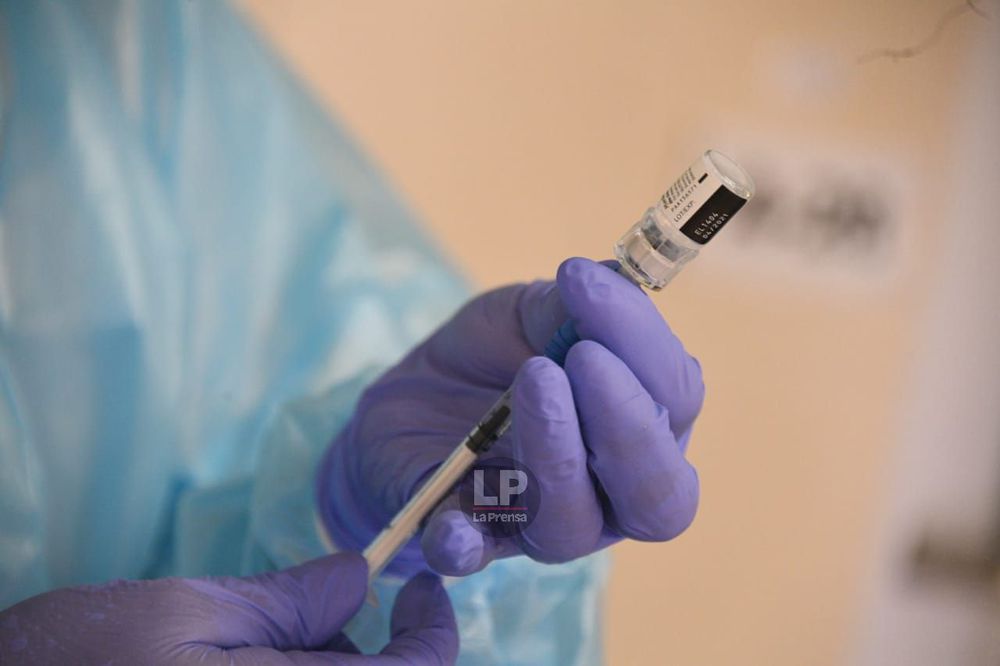Oxford vaccine cuts transfer of virus 67% after first jab

AFP – The Covid-19 vaccine developed by the British from AstraZeneca and the University of Oxford reduces transmission of the virus by 67% from the first dose, according to an analysis of clinical trials released Wednesday.
The study, carried out in Oxford and which has yet to be reviewed by outside scientists before its publication, indicates that vaccinated people are not only protected against serious symptoms of the disease but are less likely to infect.
The vaccine can thus have a “huge impact” in terms of transmission, the director of the project, Andrew Pollard told the BBC on Wednesday , although he specified that the tests were carried out before the appearance of the new variants.
Against infections, the study shows an efficacy of 76% after the first dose, which is maintained for three months. Efficacy rises to 82% after a second dose injected three months later.
These elements reinforce the strategy of the British government who, in order to vaccinate more people quickly, decided to postpone the second injection until 12 weeks later.
The UK, which has already vaccinated 9.6 %of its 66 million people, is currently using the AstraZeneca / Oxford and Pfizer / BioNTech vaccines, to be joined in the spring by Moderna’s.
“This shows the whole world that the Oxford vaccine works well,” said Health Minister Matt Hancock, speaking to the BBC , after criticism from some countries such as France and Germany that do not recommend it for those over 65 years because of little data from clinical trials on its efficacy in this group.
Boris Johnson’s government relies on mass vaccination to be able to lift the third lockdown in the country, which already registers more than 108,000 deaths from Covid-19 , the worst balance of a European country.





